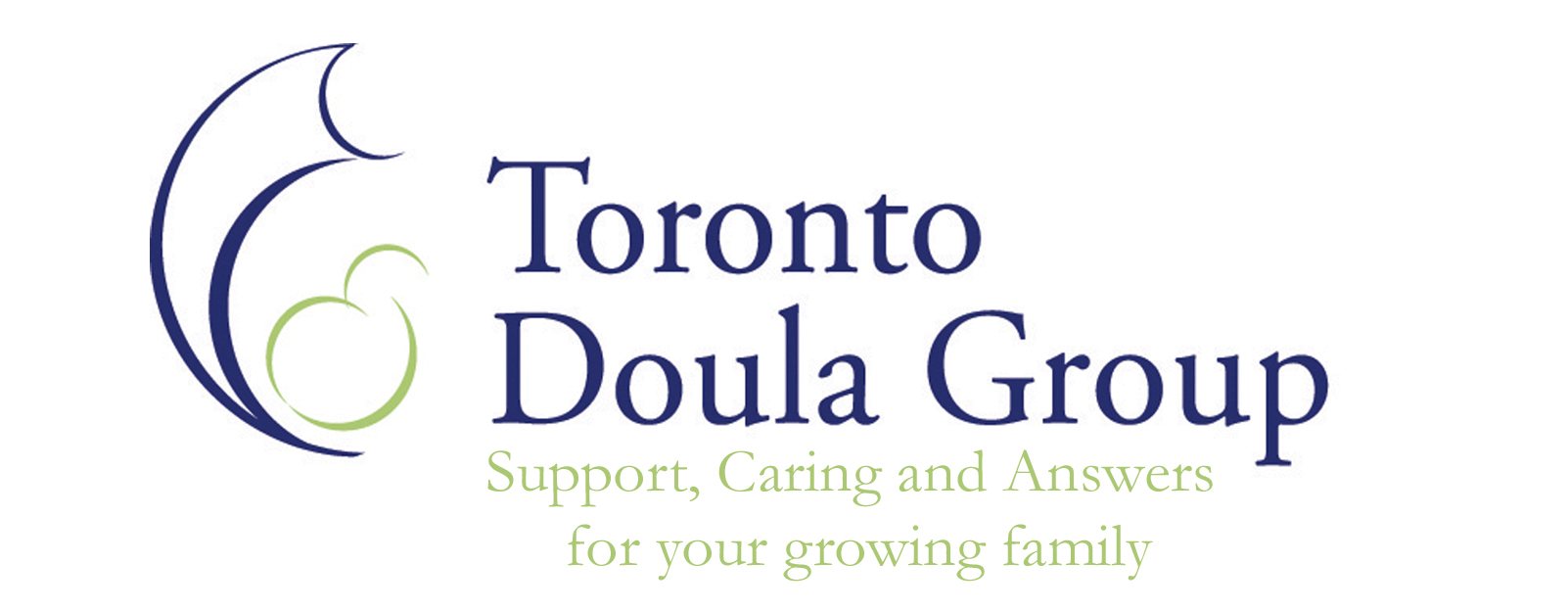4 Important Points To Include In Your Birth Plan
- Kimberley Fernandez
- Nov 2, 2021
- 4 min read
Updated: Aug 18, 2022
(Updated August 18, 2022)
Quite often I hear medical professionals tell their patients that birth plans aren't necessary. And friends will tell you that their birth plan just went straight out the window, so don't bother with them as they just set you up for failure.
However I see birth plans a little differently. I don't believe care providers or friends are telling you these things maliciously, I just believe they don't understand the purpose of a birth plan. Let me explain. For me, a birth plan is not a plan. As soon as you label it a plan, it is going to fail. That's how the universe works.
First off, a birth plan is more like a wish list. While birth is by nature unpredictable, that doesn't mean you aren't allowed to have hopes and wishes for your birth. Things you would like to see happen to make the experience unique, personal and beautiful. As well as things you would prefer to avoid if possible.

Secondly, a birth plan is an educational tool. Researching about medical interventions and pain management and what your hospitals protocols are surrounding these tools as well as knowing the benefits and risks of them and how you feel about these things is also important. You can learn about these options by reading up to date birth books such as "Expect Better" by Emily Oster or The Birth Partner by Penny Simkin. Subsequently you can take a prenatal class that explores all aspects of birth, not just unmedicated, vaginal birth, such as the one I teach.
Once you have an idea about all things birth, postpartum, feeding, and what may happen, you can now sit down with your partner and support people to discuss how you feel about these things. I highly encourage you to chat with your support people to discuss not only what is important to you, but why. This way your support people will know how to advocate for you if you are unable to speak up for yourself.
So what should be your main areas of focus?
1. Vaginal Exams
Vaginal exams are a common tool to use at the end of your pregnancy and during the labour, to assess your cervix. These however are not mandatory and you can limit them or even refuse them. Remember, this is your vagina, not the doctors or the hospitals. It's yours and you have the right to say who does the exam and when they are to happen. Adding your preferences about vaginal exams to your birth plan and discussing it openly and honestly with your care provider will make this a more respectfully use tool during your labour.
2. Medical Interventions
As mentioned previously mentioned once you have done some research on these tools that can come up in labour, such as routine IVs, Fetal monitoring, Breaking your waters, use of Pitocin, you may have thoughts on these and how you feel about them. In your birth plan you will want to highlight ones you wish to avoid, as well as having the care team give you the benefits and risks of these tools as they come up so that you can make an informed decision about whether you consent to their use or not.
3. Just In Case Situations
Birth doesn't always follow a text book, linear path from beginning to end. There may be times where decisions will need to be made regarding instrumental delivery or cesarean birth, or perhaps baby may need to be admitted to the neonatal unit for extra care. What are your thoughts on this? After researching these situations, what would be your preference should they come up. Perhaps you are okay with an instrumental delivery or surgical birth, especially if baby is in distress, make sure your support team knows this. What if baby does need to go to the NICU, how will feeding be handled, can you feed baby at the chest, can you pump to offer your own milk, can you stay at the hospital with baby while they are in NICU. Discuss these options with your care provider to make sure everyone is aware, just in case.
4. Feeding Your Baby
Are you planning to feed your baby from your body? Then make sure you have on your plan that you would like help with latching and if supplementation is Medically Necessary, then ask if you can pump to offer baby your own milk. Research strategies to feed baby if issues arise from body feeding that perhaps do not involve bottles. There are so many ways to get body feeding working that don't involve formula and bottles. So consider researching lactation consultants before your baby arrives.
Ultimately my suggestion for creating a birth plan is to be informed of the process and flexible to the journey ahead of you. Have your hopes and wishes written down and do not be afraid to discuss these wishes with your care provider or whomever maybe assisting with your birth. The best way to give birth is with information, self advocacy and flexibility.
Don't forget to check out my Freebies Page for printable lists of What To Pack For Your Hospital Birth, What Eat During Labour, Postpartum Essentials and a recipe for Frozen Perineum Pads.
And if you are interested in taking my current online classes, I have three available, Infant Feeding, Infant Care, and Induction 101.












































Comments